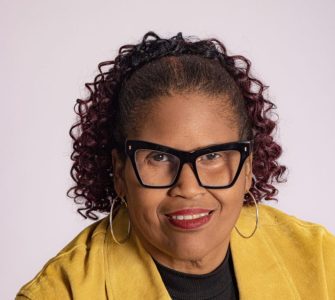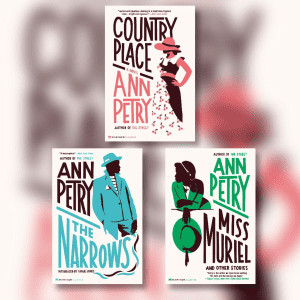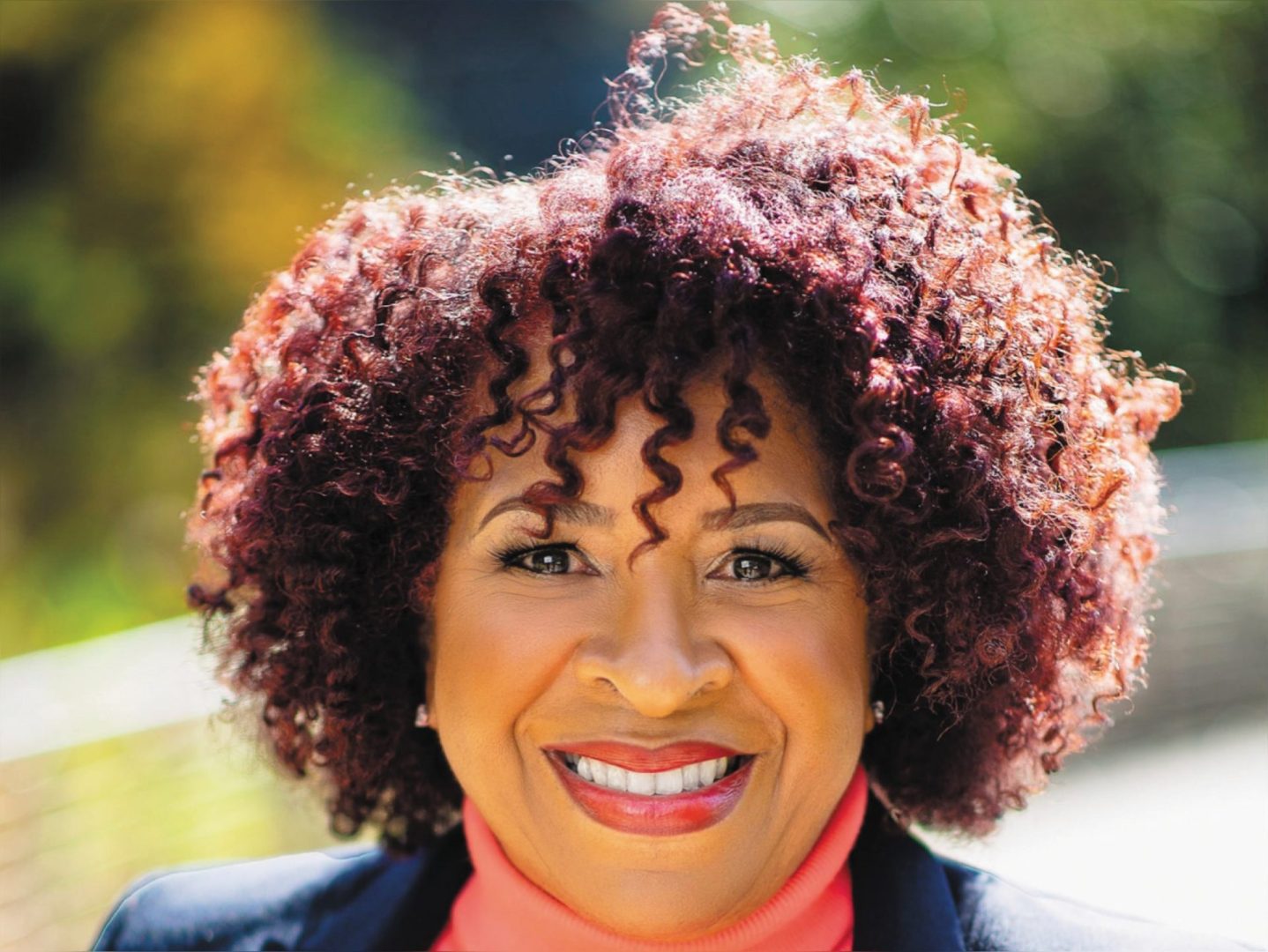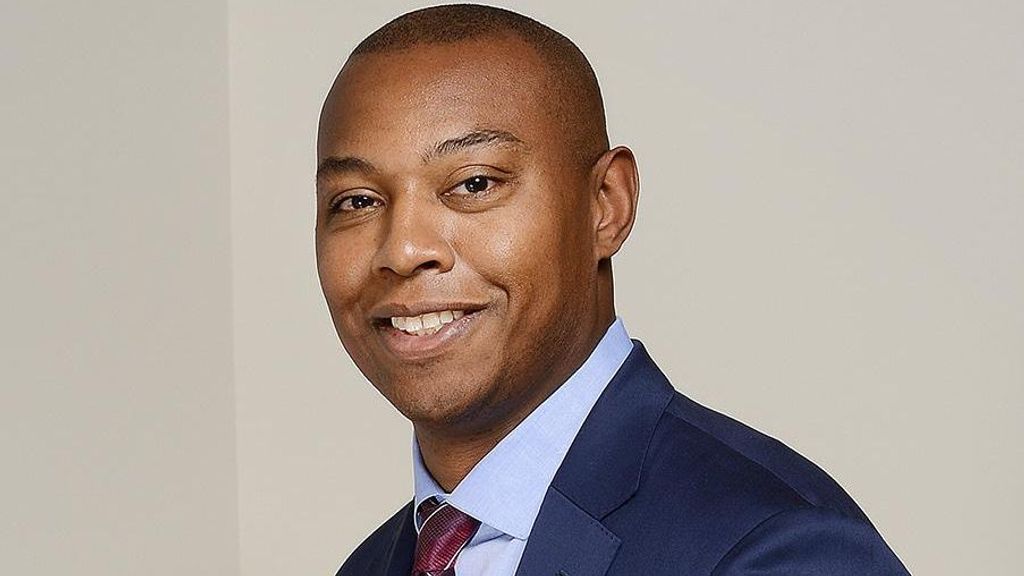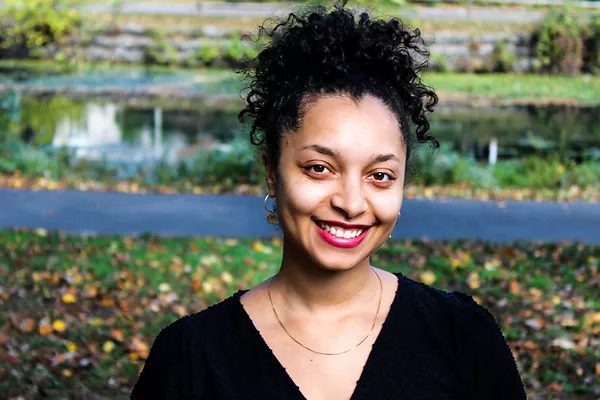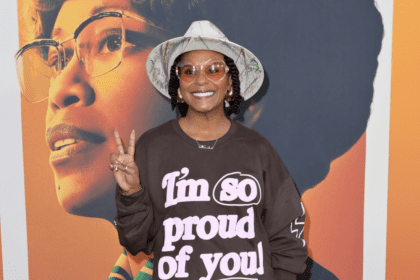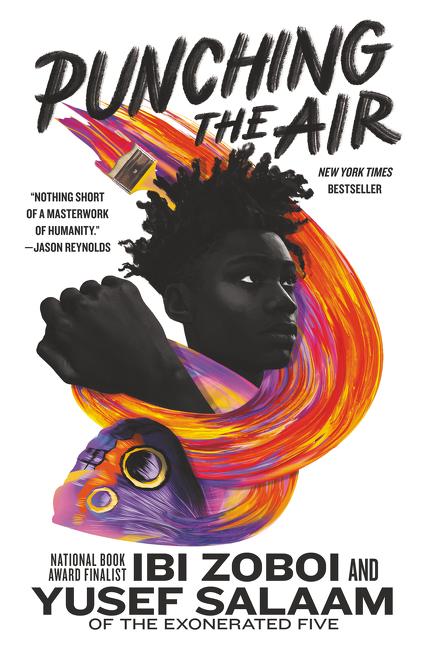
Punching the Air is a fictional story about Amal Shahid, a young, beautiful and brilliant artist and poet, who falls victim to a crime he did not commit. His coming-of-age story comes about in a predominately White art school that does not care to educate or cultivate his promise and talent or evolve beyond their racist rules and regulations.
Written in verse, Shahid, a self-proclaimed “old soul,” pens poetry and uses art to illustrate the deep passion he shelters while his life is upended. He writes as he is shuttled from the classroom to the courtroom and finally into a juvenile detention center.
Readers will find this story relatable because it mirrors Yusef Salaam’s heartbreaking history which was powerfully documented in Ava DuVernay’s “When They See Us” (available on Netflix as of this writing).
Dr. Yusef Salaam was one of the Central Park Five, now known as the Exonerated Five. He was arrested, at the age of 15, in relation to the attack of the Central Park jogger. After serving nearly seven years in prison for a crime that was wrongfully pinned on him and four other innocent, black and Latinx young men, they were all exonerated in 2002.
Since his book release, Salaam has worked diligently to share his story and advocate against the impact of wrongful incarceration. Punching the Air is the ideal vessel for Salaam to house the well of emotion his past created. Written with the rawness of reading diary entries from jail, Salaam and Zoboi create a character you wish you could cradle in compassion.
While there is at this time a collectively witnessing of the disenfranchisement of young Black men, this story vividly describes how the school-to-prison pipeline impacts the entire community. Family members, classmates, teachers and friends all give voice to their frustrations. Salaam and Zoboi, who met at Hunter College, worked to put into words the unjust failure our criminal justice system straps on the backs of our children. The reader is left with the hope that continued efforts will compel the building of a better system that will secure the futures of the next generation.
Who should read this book? Young adults, Black parents, cousins, aunties, uncles, fans of Jason Reynolds and Elizabeth Acevado, and of course, you.


